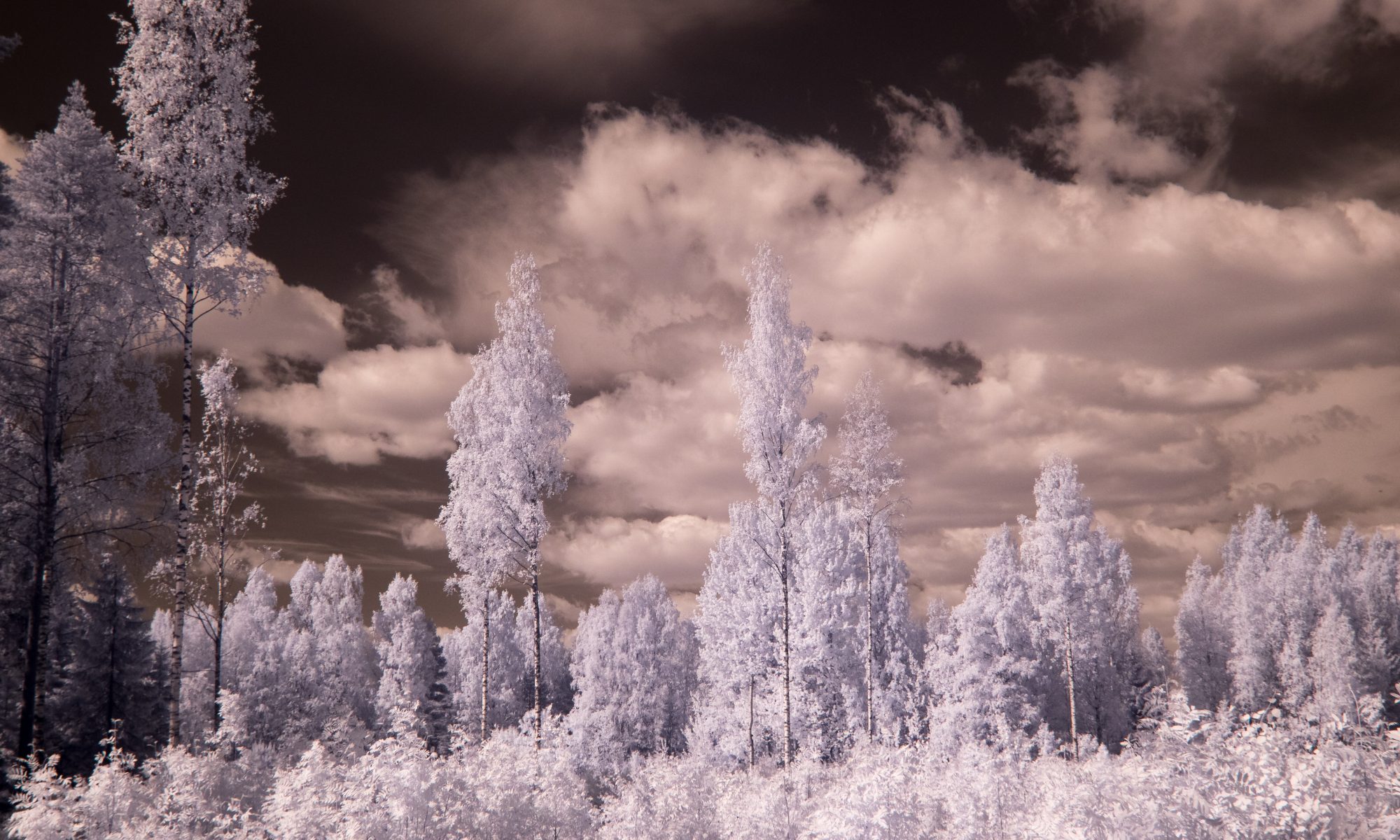Prof. Ariel Novoplansky from Israel will visit us in September, and will give a Monday talk.
One more reason to read carefully his paper scheduled for our next journal club session.

Sensory and Physiological Ecology of Plants
Decoding the acquisition and use of information by wild and cultivated plant species
Prof. Ariel Novoplansky from Israel will visit us in September, and will give a Monday talk.
One more reason to read carefully his paper scheduled for our next journal club session.
I finally managed to add the Meta widget to the home page. Now you can login from there and also access the Dashboard for writing new posts. Should make commenting and posting a bit easier.
I enabled WP-SpamFree as we were getting comment spam, mostly in Russian. Let’s see how it works.
If you have an MP3 player, or the like, and the transport strike is giving you extra time at the bus stop, or you have something else tedious to do and need a distraction, you might be interested in something ecological to listen to.
Here are some of my recommendations. I would be interested to hear about any of Journals or bodies in Plant Science whose output I might have missed or that your would recommend!
The Ecological Society of America (ESA) has various series of podcasts – but the most interesting tends to be Beyond the Frontier every 2 months, where the author from a featured paper from each issue of Frontiers in Ecology and Evolution is interviewed. URL feed
The Nature podcast is weekly and complements quite closely the content of the News and Opinion sections of the Journal. It provides an easy introduction to some of the less accessible subjects covered that I might otherwise skip over while reading it. The presentation style is very professional and it usually contains several interviews with lead authors. URL feed
For something lighter, I particularly enjoy the BBC’s natural history podcast. Typically a half-hour radio programme from the BBC’s weekly output is selected. My favourite is the Living World (which I have listened to since I was a young child!) where habitats or species from the British countryside are covered in situ and with a high level of expertise. URL feed
They have a vast archive of Living World programmes on-line which serve as a fabulous resource. Last year an interesting interview with Lynn Margulis was broadcast too.
Various US Universities, particularly UC Berkeley, put their lectures on-line with open access. These are sometimes a bit rough and ready being simply audio recordings of classes, but they can serve as refreshers for half-forgotten topics, or stimulate ideas for how one might present an area in class oneself. Do you have any plans to Podcast your lectures Pedro?
A new post in my blog, prompted by a link that Matt sent me on the hundredth anniversary of IR photography.
Will northern forests be able to stand the heat?
Boreal forests are especially sensitive to global warming and are likely to be severely affected by climate change. (Copenhagen, 13 December 2009)
pdf of cited article Kellomäki et al. 2008
Here are some more links from the IUFRO beech group
TREES: A LOW-COST CLIMATE MITIGATION TOOL
The story relates to climate change and how forests provide an opportunity to reduce CO2 from the atmosphere. Photos, translations and other links are also available on this page:
I am pleased to announce that you can now also follow us on twitter as well as you can read and comment our blog. IUFRO is looking forward to receiving your feedback!
http://www.twitter.com/iufro
http://theiufroblog.wordpress.com
Our research group is called SenPEP (Sensory photobiology and ecophysiology of plants).
This is our new blog.